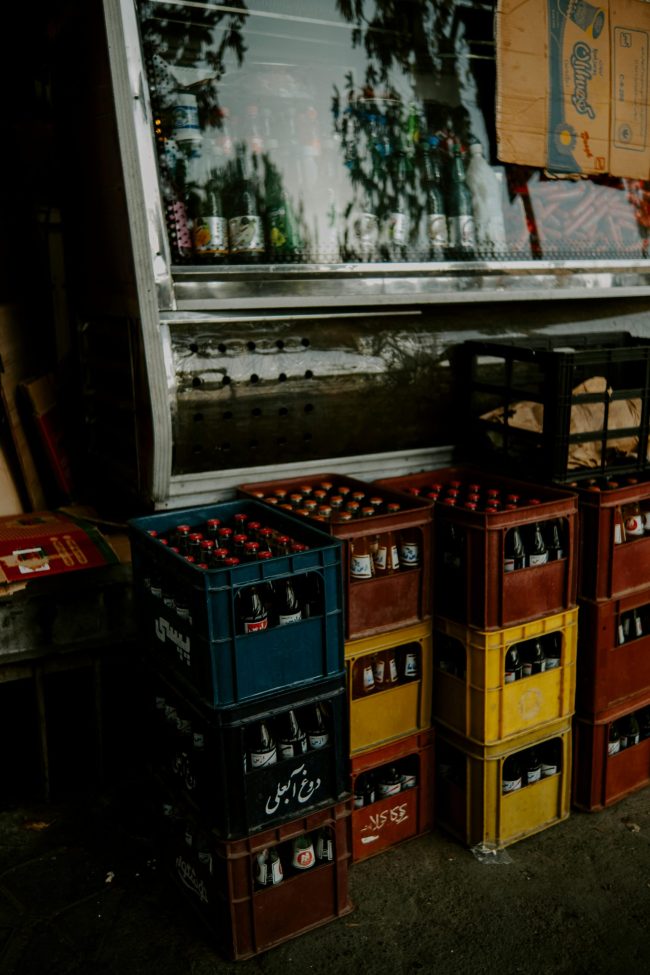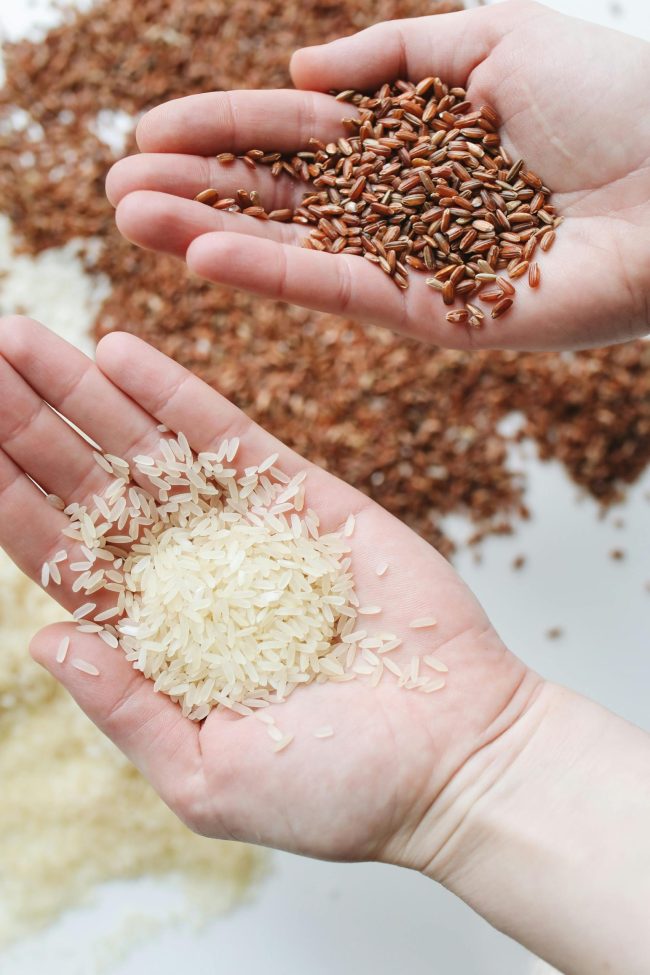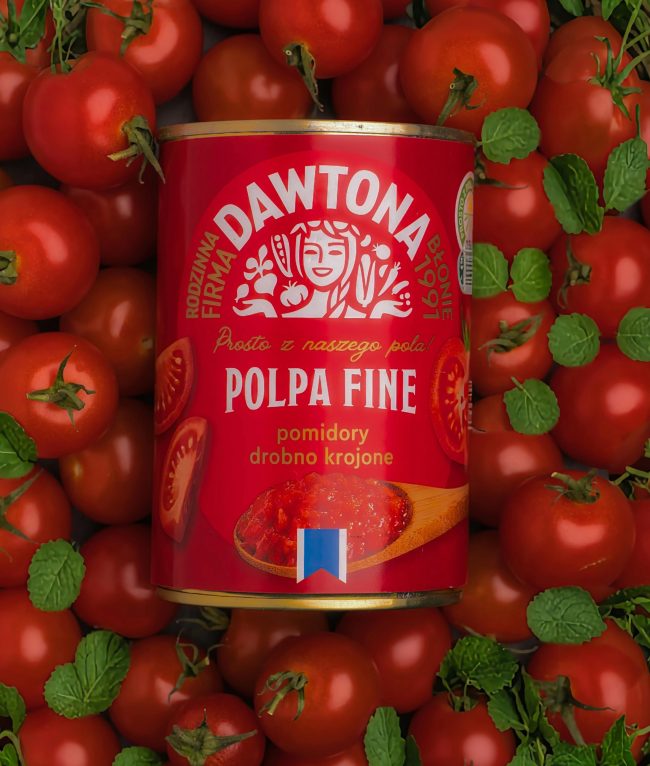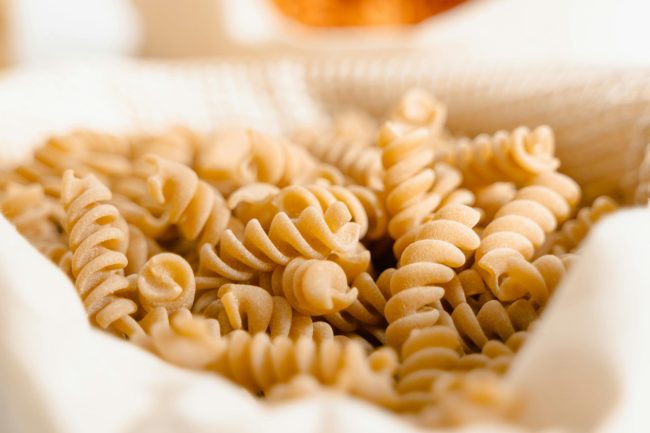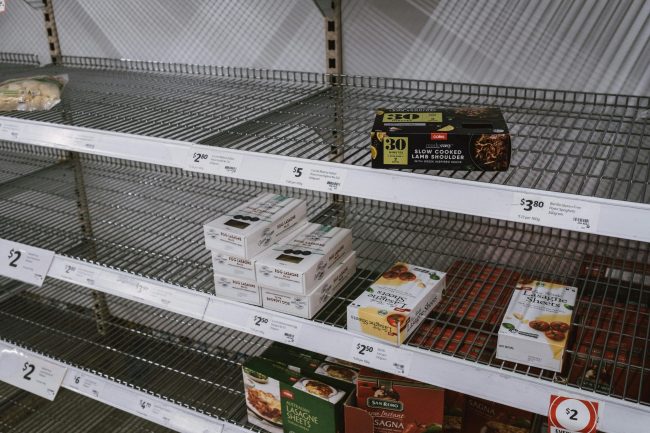Shatel Huntley has a Bachelor's degree in Criminal Justice from Georgia State University. In her spare time, she works with special needs adults and travels the world. Her interests include traveling to off the beaten path destinations, shopping, couponing, and saving.
You take a bite of your favorite snack, and something seems… different. The recipe you’ve made for years suddenly doesn’t taste the same. It’s a common experience. Food brands quietly change their ingredients all the time for a variety of reasons, from cutting costs to responding to health trends. These reformulations can alter the taste,…
We trust that the bottled beverages we buy—from water and juices to sodas and teas—are safe to drink. Regulatory bodies and manufacturers have systems in place to ensure this. However, mistakes in the complex journey from production to bottling to store shelf can and do happen. When a potential health risk is identified, a recall…
For decades, many shoppers viewed store-brand (or private label) products as generic, lower-quality imitations of their favorite name brands. Today, that perception is largely outdated. Supermarkets have invested heavily in their private labels, often creating products that are not only cheaper but also equal or even superior in quality to their well-known competitors. In many…
Building a well-stocked pantry is a cornerstone of preparedness and frugal living. Having shelf-stable foods on hand can help you weather emergencies, save money, and make meal planning easier. While many foods last a year or two, some remarkably inexpensive pantry staples have an incredibly long shelf life, remaining safe and usable for a decade…
The U.S. Food and Drug Administration (FDA) is responsible for ensuring the safety of a vast portion of the nation’s food supply. This is a monumental task involving setting regulations, inspecting facilities, and monitoring for potential health threats. While specific priorities may shift based on current events or new scientific data, the FDA routinely focuses…
Canned goods are the foundation of a stable pantry. They are affordable, long-lasting, and convenient. We often think of their prices as being relatively stable. However, the journey from farm to can to shelf is a complex process. This process is subject to various agricultural and economic shocks. The price of certain canned goods can…
Many of us live by the dates printed on our food packaging. We toss out food the day it hits its “Best Before” date, fearing it has suddenly become unsafe to eat. This caution, while well-intentioned, is a major contributor to household food waste and unnecessary spending. It’s crucial to understand that most of these…
You grab a familiar box of crackers off the shelf, and it feels just a little bit lighter. The bag of chips you buy every week seems to have more air than usual. This isn’t your imagination; it’s a widespread phenomenon known as “shrinkflation.” To cope with rising ingredient and transportation costs, manufacturers often choose…
Recent world events have taught us that supermarket shelves are not always guaranteed to be full. Supply chain disruptions, sudden surges in demand, or weather events can quickly lead to shortages of essential goods. While panic buying is never helpful, being thoughtfully prepared with a well-stocked pantry is a wise strategy. Understanding which items are…
Snack foods are a pantry staple in most homes. We trust that the chips, crackers, cookies, and bars we buy are safe to eat. However, snack products are frequently the subject of national food recalls. These recalls occur when a product is found to pose a potential health risk to consumers. The reasons for these…



